Saudi-Arabien bastelt an der Bombe – mit USA und IAEA
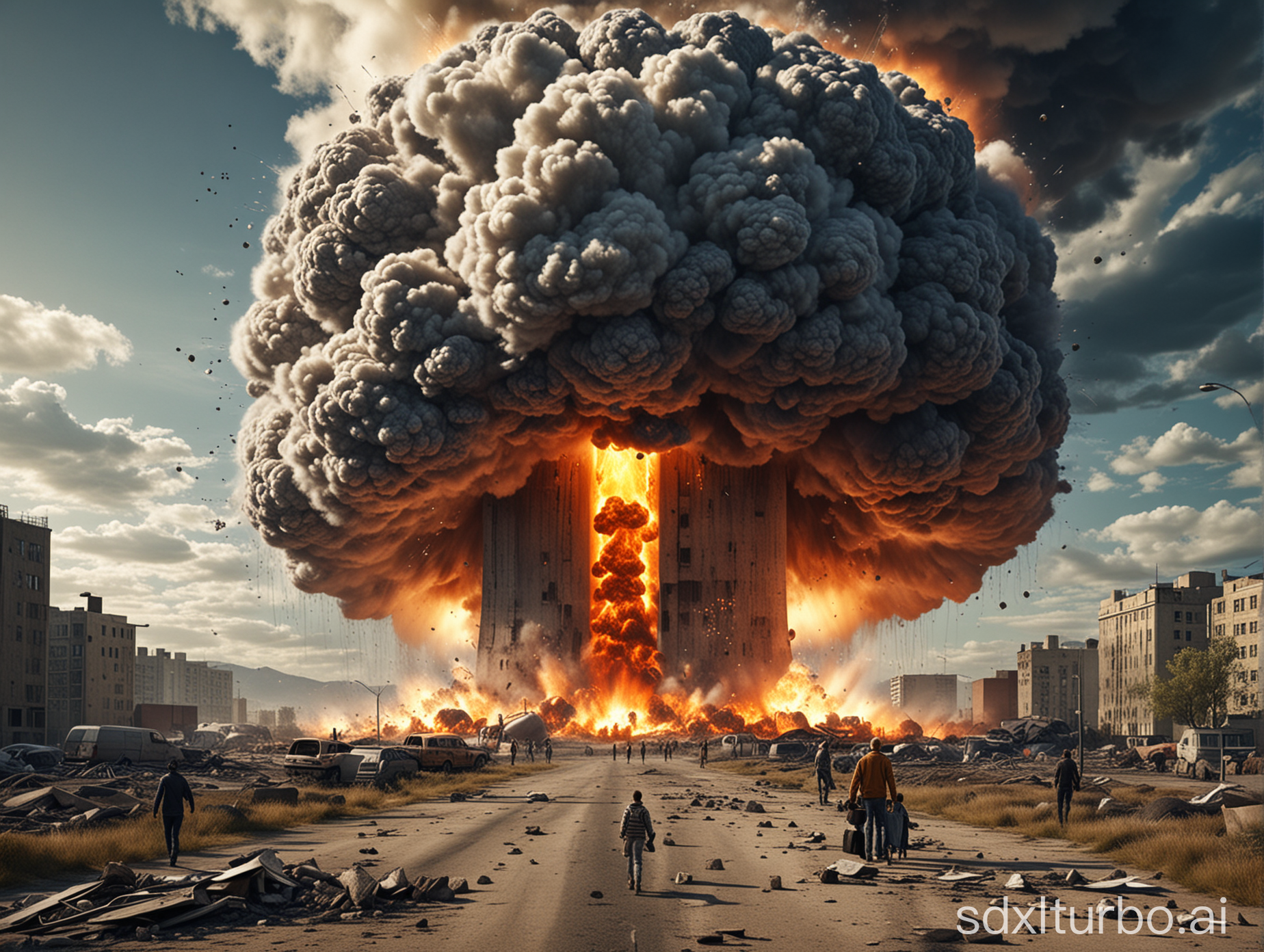
Wer erleben möchte, wie ein neuer Atomwaffenstaat entsteht, sollte Richtung Saudi-Arabien schauen. Erst vor wenigen Monaten wurde bekannt, dass die USA dabei sind, einen heftigen Atomdeal mit dem Golf-Staat zu verabreden. Darin enthalten: Eine Uranfabrik, die auch atomwaffenfähiges Material herstellen könnte. Der Blick geht zum Iran, der über die Niederlande und Pakistan das Know-How für die Urananreicherung erhalten hat; mit deutscher Hilfe auch Plutoniumforschung kann. Was man eben so braucht, um Atombomben zu basteln.
Statt Atomwaffen-Risiken einzudämmen, sind die USA aus wirtschaftlichen und geostrategischen Gründen dabei, Saudi-Arabien auf den Weg zur Atomwaffe zu bringen, um dem Iran Grenzen aufzuzeigen. Da geht es sicher auch um Israel, dem einzigen Atomwaffenstaat in der Region. Es geht aber auch um die Vereinigten Arabischen Emirate, die bereits vier Atomkraftwerke am Start haben und damit zumindest in geringem Umgang Plutonium erzeugen. Nur fürs Separieren haben sie offiziell keine Lizenz. Aber technisch ist vieles möglich. Das bestimmt Politik. Der Stoff, aus dem die Bombe ist. Das kann Saudi-Arabien nicht auf sich sitzenlassen.
- Atomenergie: Luftabwehrraketen vor iranischer Urananreicherungsanlage
- Atomprogramm Iran, Umsetzung des Abkommens: Atomtransporte mit angereichertem Uran nach Russland
- Atomwaffenfähiges Uran: Deutsches Knowhow aus Jülich bei Iran-Atom-Verhandlungen
Etwas weiter im Nordosten baut Russland für die militärischen Ambitionen der Türkei Atomkraftwerke von Rosatome. Nicht von Frankreich oder USA oder Südkorea. Wann wird China in diesem globalen politischen und wirtschaftlichen Machtkampf auftauchen. Die geopolitischen, kapitalistischen Konflikte zwischen Staaten und Konzernen nutzen Atomwaffentechnik als machtpolitisches Druckpotential, um eigene wirtschaftliche Interessen durchzusetzen und im Verteilungskampf der Ausbeutung auf der Seite der Gewinner zu stehen. Eine demokratische Perspektive muss Wege aufzeigen, wie eine atomfreie Gesellschaft aussehen kann.
- Atom-Deal USA mit Saudi-Arabien auf dem Weg: Atomkraftwerke und eine Atomwaffen-Brennstoff-Fabrik
- Immer mehr Atomwaffen einsatzbereit … SIPRI und ICAN warnen
- Und hier natürlich auch:Atomenergie first: Neue nukleare Offensive der USA
Hier ein Artikel, dass Saudi Arabien „erweitere“ Kontrollprotokolle der IAEA akzeptieren wird, um sein Atomprogramm weiterzuentwickeln. Die IAEA ist die Agentur, die die Verbreitung von Atomwaffen nach dem Nonproliferations-Vertrag kontrollieren soll. Viel hat Saudia-Arabien nuklear vorzuweisen. Einen Atomforschungsreaktor aus Argentinien! Sie soll die Entwicklung von Atomwaffen jenseits von USA, Russland, England und Frankreich, China verhindern. Das war nur begrenzt erfolgreich, wie wir wissen. Pakistan, Indien, Israel, Nordkorea. Vielleicht andere? Who is next? Nur ein umfassendes Atomenergieverbot kann das Problem mit Atomwaffen grundsätzlich lösen.
Das folgende ist hier laut einer IAEO Erklärung, die hier auf der Basis einer Meldung von Reuters offenbar zitiert wird. Möglicherweise ist das aber auch eine offizielle Darstellung des Sachverhalts bei der IAEA: https://www.voanews.com/a/saudi-arabia-plans-to-allow-tougher-nuclear-oversight-by-iaea-this-year-/7786015.html
Saudi Arabia plans to scrap light-touch oversight of its nuclear facilities by the U.N. atomic watchdog and switch to regular safeguards by the end of this year, the kingdom said on Monday, a step the watchdog has long been calling for.
Saudi Arabia has a nascent nuclear program that it wants to expand to eventually include activities like proliferation-sensitive uranium enrichment. It is unclear where its ambitions end, since Crown Prince Mohammed bin Salman has said for years it will develop nuclear weapons if regional rival Iran does.
Riyadh has yet to fire up its first nuclear reactor, which allows its program to still be monitored under the Small Quantities Protocol (SQP), an agreement with the International Atomic Energy Agency that exempts less advanced states from many reporting obligations and inspections.
„The kingdom … has submitted a request to the agency in July 2024 to rescind the Small Quantities Protocol and implement to the full Comprehensive Safeguards Agreement,“ Saudi Energy Minister Prince Abdulaziz bin Salman told the IAEA’s annual General Conference, speaking through an interpreter.
„We are currently working with the agency to finalize all necessary subsidiary agreements for the SQP to be effectively rescinded by the end of December of this year.“
Prince Abdulaziz announced a year ago that his country had decided to scrap the SQP but he did not say when it would switch and there were no immediate signs that it was following through.
IAEA chief Rafael Grossi has been calling on the dozens of states that still have SQPs to amend or rescind them, calling them a „weakness“ in the global non-proliferation regime.
The IAEA has for years been in talks with Riyadh on making the switch to a Comprehensive Safeguards Agreement that covers issues like inspections in countries that have ratified the nuclear Non-Proliferation Treaty.
„Saudi Arabia’s decision to rescind its Small Quantities Protocol increases [the IAEA]’s ability to verify the peaceful use of nuclear material in the country,“ Grossi said on social media platform X, adding he commended Riyadh for the move.
Neither Grossi nor Prince Abdulaziz mentioned the Additional Protocol, a supplementary agreement that allows more thorough oversight than the CSA, including snap inspections by the agency. While the IAEA would like Saudi Arabia to sign the Additional Protocol, it has been unclear whether it will.
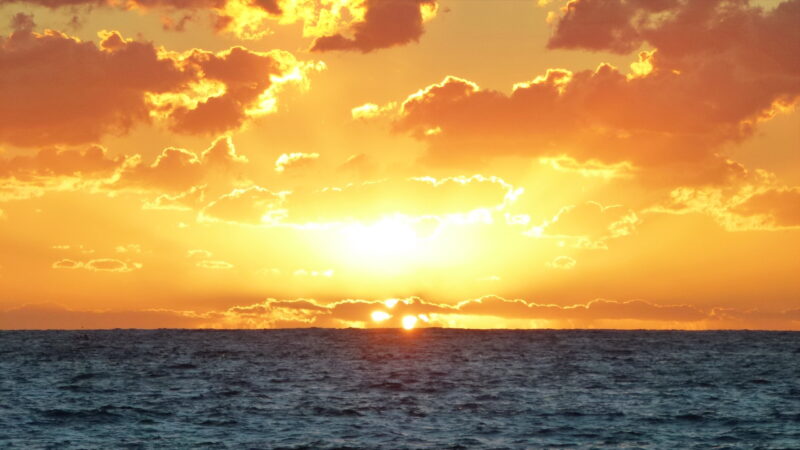
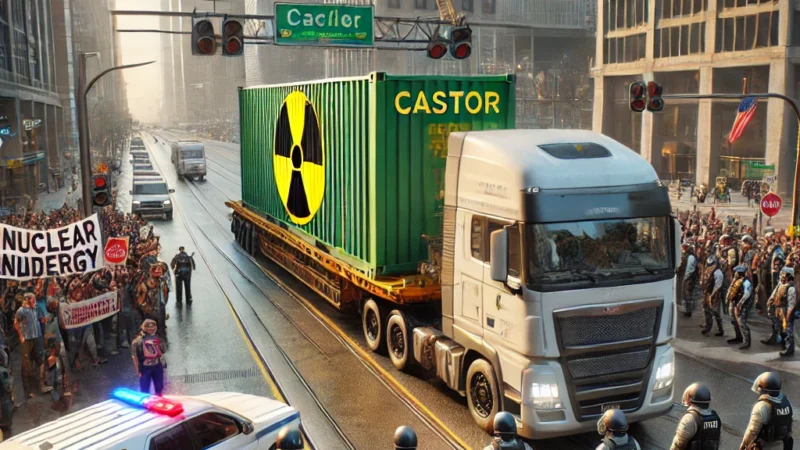
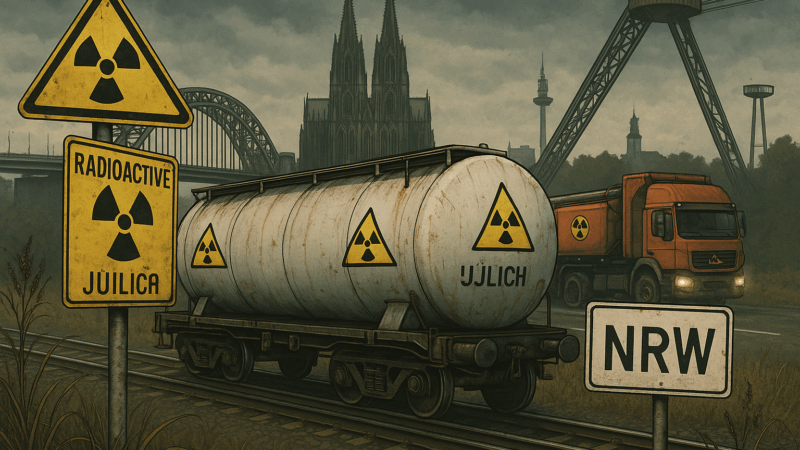

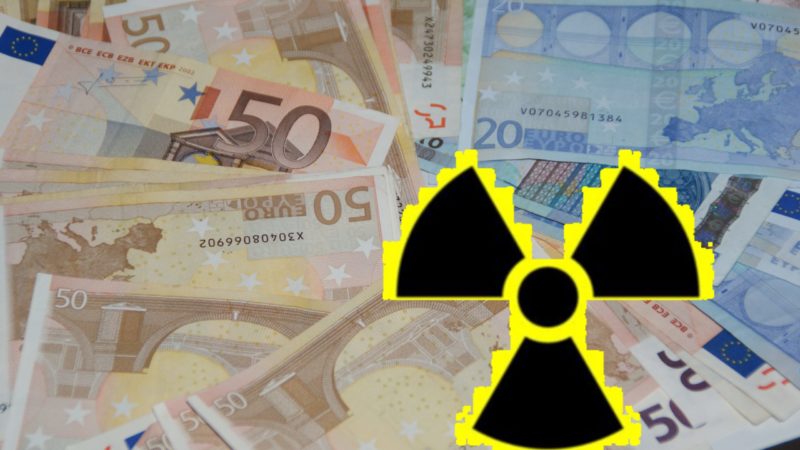
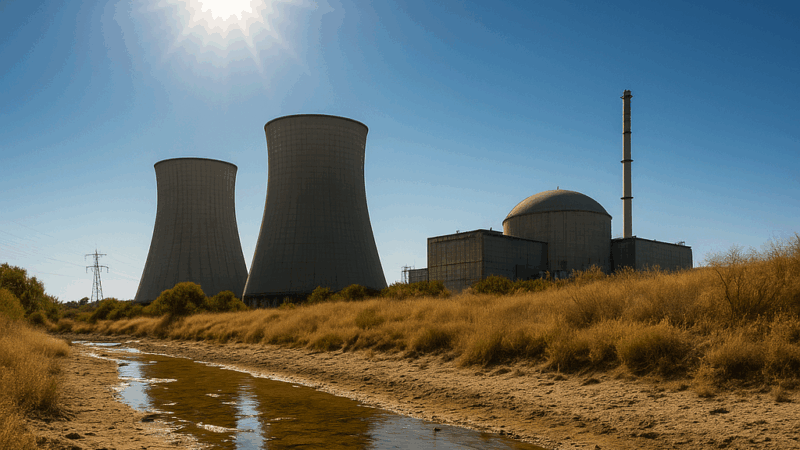
Ein Gedanke zu “Saudi-Arabien bastelt an der Bombe – mit USA und IAEA”